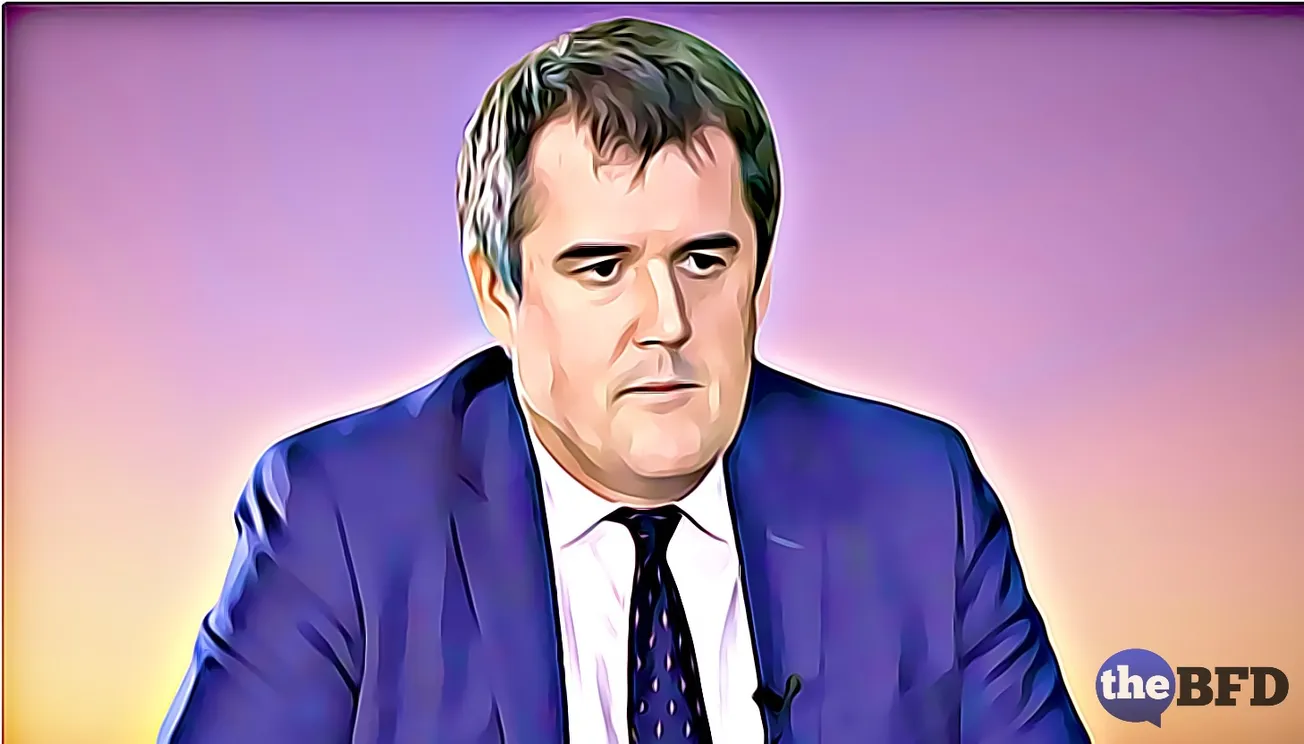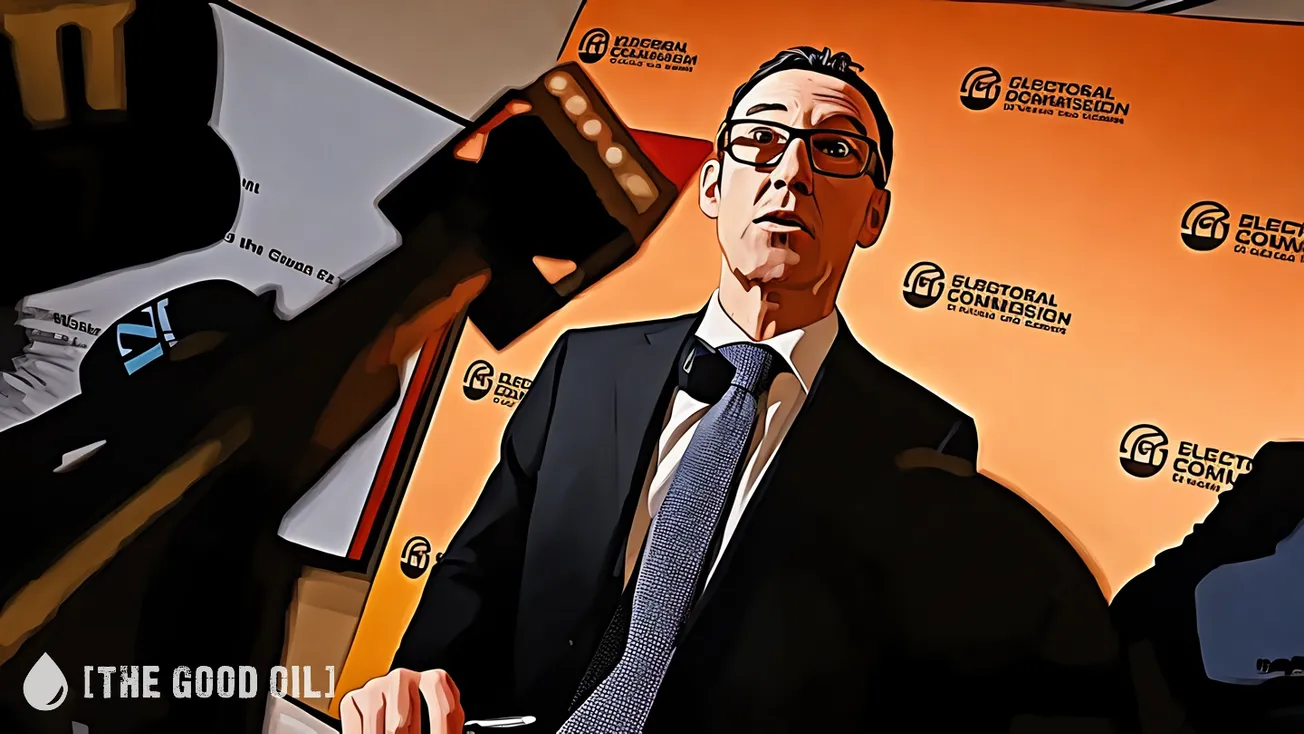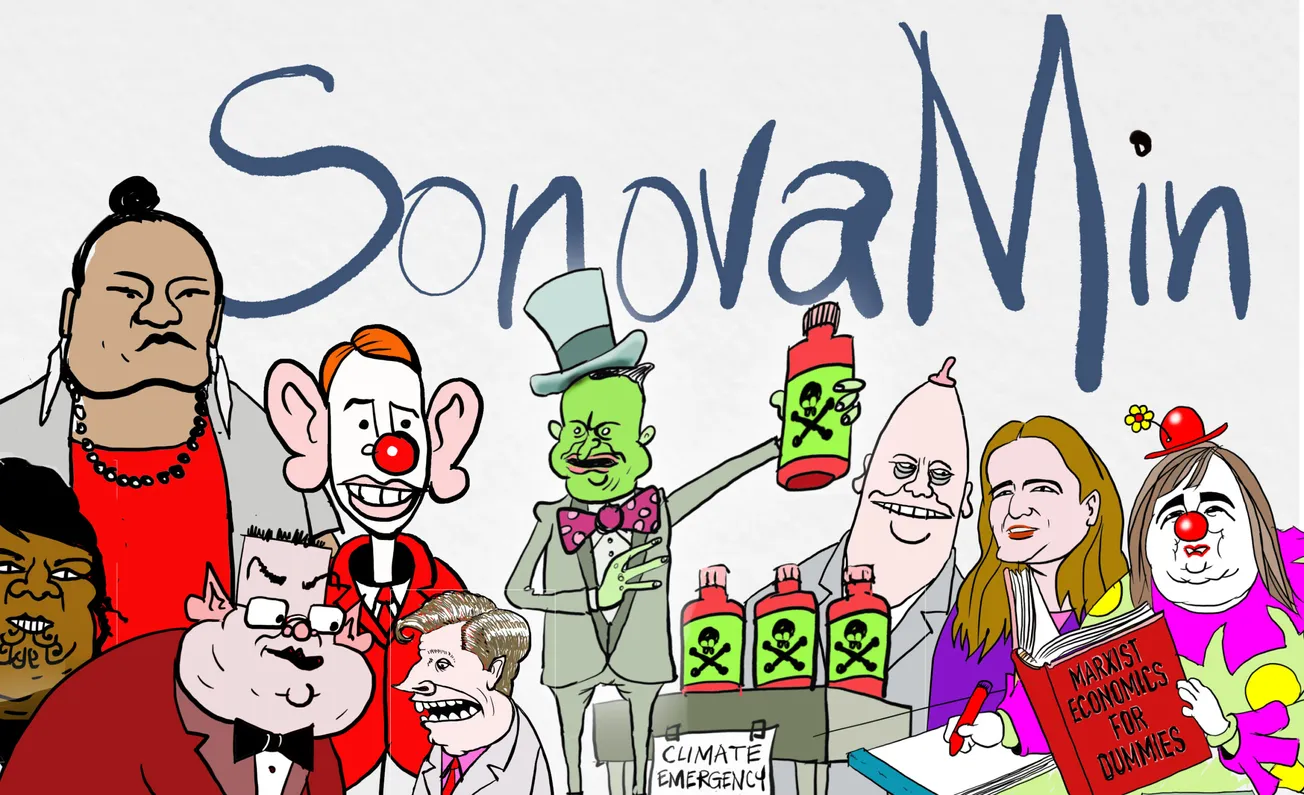Table of Contents
Chris Trotter
Chris Trotter is New Zealand’s leading leftwing political commentator, with 30 years of experience writing professionally about New Zealand politics.
Victoria University of Wellington
WHAT HAS CHRIS BISHOP SEEN that has so unhinged him? Why would National’s Campaign Manager, whose party is currently attracting by far the largest share of voter support, suddenly start babbling about a second election?
In all its long history of responsible government: from the 1850s to the present day; New Zealand has never been forced into a second election. It’s just not something New Zealanders anticipate. Having cast our votes, most of us expect a functioning government to be fashioned without delay. What we do not expect is for the party with the largest number of votes to say: “No, we don’t like the hand you’ve dealt us – deal us another one.”
The sort of politicians who do that sort of thing are mostly to be found in the member states of the European Union. When the citizens of an EU member state get it into their heads that they don’t particularly like the latest treaty their political class had signed, successfully petition for a ratification referendum, and win it, they’re surprised to learn that voting a proposition down is nothing like enough to persuade their political class to accept defeat and enforce the will of the people.
Dear me, no – that’s not how things work at all. With the honourable exception of the United Kingdom, the only thing winning a referendum entitles the poor old EU serfs to is … another referendum. Just ask the Danes, who voted “No” to the Maastricht Treaty in 1992, only to discover that “No” was the wrong answer. In 1993, presented with another referendum, the Danes reluctantly voted “Yes”. The lesson was not lost on the Irish, who faced a similar ‘second go’ if they voted down the austerity measures contained in the EU’s fiscal treaty of 2012.
Nothing signals the political class’s contempt for the will of the people as strongly as its refusal to accept the will of the people. The message being sent is unmistakable: “We” – not “You” – know what’s best for the nation. So, don’t go getting ideas above your station. Which was pretty much the gist of Chris Bishop’s reckless speculation. Get it right – or we’ll make you do it again!
The question now, in the backwash of Bishop’s intervention, is how will the voters – especially those currently intending to vote for Winston Peters – respond to National’s threat? Is the prospect of enduring something unprecedented in New Zealand’s political history – a second election – likely to prove too unsettling for the average punter? Will it be enough to extinguish the fluttering flame of rebellion that led them to contemplate a vote for NZ First? Will “instability” simply be coded as “personal insecurity” in conservative voters’ brains, causing them to tug their forelocks and, suitably chastened, step back into National’s ranks?
If that’s what happens (and very clearly that is what National’s strategists are hoping will happen) then the NZ First Party Vote may drop below the 5 per cent MMP threshold. National’s Party Vote, and quite possibly Act’s too, may then inflate sufficiently to allow them to come together in the “clean” two-party coalition government Christopher Luxon is begging voters to give him.
To discover that New Zealanders could so easily be cowed into submission would be rather disconcerting. It would signal an almost masochistic desire to be punished for allowing themselves to be seduced by Jacinda Ardern’s “kindness” back in 2020. Lacking Peters’ restraining influence, the resulting National-Act government would have free rein to impose the swingeing austerity programme required to pay for Luxon’s under-funded tax cuts. That so many of us are willing to see so much pain inflicted upon our fellow citizens, strongly suggests that there is a fair amount of sadism mixed in with all that masochism. Hardly a pretty picture of our national character, and even less so of those NZ First voters bounced so easily into abandoning their nobler impulses by the prospect of a second election.
Contrariwise, Bishop’s scaremongering may elicit nothing but voter scorn, being seen as evidence of a party in full panic mode. Presumably, National’s loss of confidence in its capacity to shape events has been brought on by its pollsters’ detection of a steady, and so far irreversible, slide in their level of electoral support. Bishop’s talk of a “hung parliament” may even suggest that notwithstanding NZ First’s support, National-Act may soon be struggling to command the 61 seats needed to govern.
Those same pollsters may also be predicting that if Act’s support continues to decline, and NZ First’s to climb, then, by the evening of Saturday, 14 October, the two parties may be level-pegging. Certainly, such a prospect would induce palpitations in all but the most hardened political campaigners. Not only would it void the best argument for Luxon making Act his first choice, but it would also throw into sharp focus the National Party leader’s singular lack of experience in forging coalitions. Voters would be entitled to query whether Luxon has the political skills needed to manage coalition partners displaying such obvious mutual loathing as NZ First and Act.
Where the polls land in this, the last week of the election campaign, may produce a truly spectacular result. Providing Peters’ support remains solidly above 6 per cent, and Act’s determination to hold a referendum on the meaning of Te Tiriti remains firm, something disastrous may happen to National’s support. Seeing only the chaos and instability that Bishop’s reckless speculation has primed them to see, a crucial number of the voters who deserted National for Labour in 2020 – and were then persuaded to return by Luxon’s elevation to the leadership in December 2021 – may opt to return to the devils they know.
After all, a political combination that has already demonstrated its incapacity to deliver very much of anything, may begin to look a lot more desirable than a coalition of parties committed to making the economy scream and splitting their society into two, mutually hostile, racial camps, with frightening efficiency. The venerable Aesop’s fable about the frogs who grew tired of their do-nothing monarch, Old King Log, only to find his deadly replacement, the altogether too active King Stork, much less to their liking, seems increasingly apposite to the 2023 election campaign’s final days.








